
The history of fishing stretches back thousands of years, reflecting humanity’s primal instinct to seek sustenance from the bountiful waters and evolving into a rich tapestry of cultural significance, technological advancements, and environmental stewardship.
Fishing, a timeless practice deeply woven into the fabric of human history, has left an indelible mark on cultures and communities worldwide. From the banks of ancient rivers to the vast oceans of today, the fishing journey is a fascinating tale of survival, spirituality, and sustenance.
In this article, we embark on an expedition through time; why did humans invent fishing? Discovering how the echoes of the past continue to shape modern fishing practices as we examine the oldest fishing techniques and unravel the nation with the oldest fishing history.
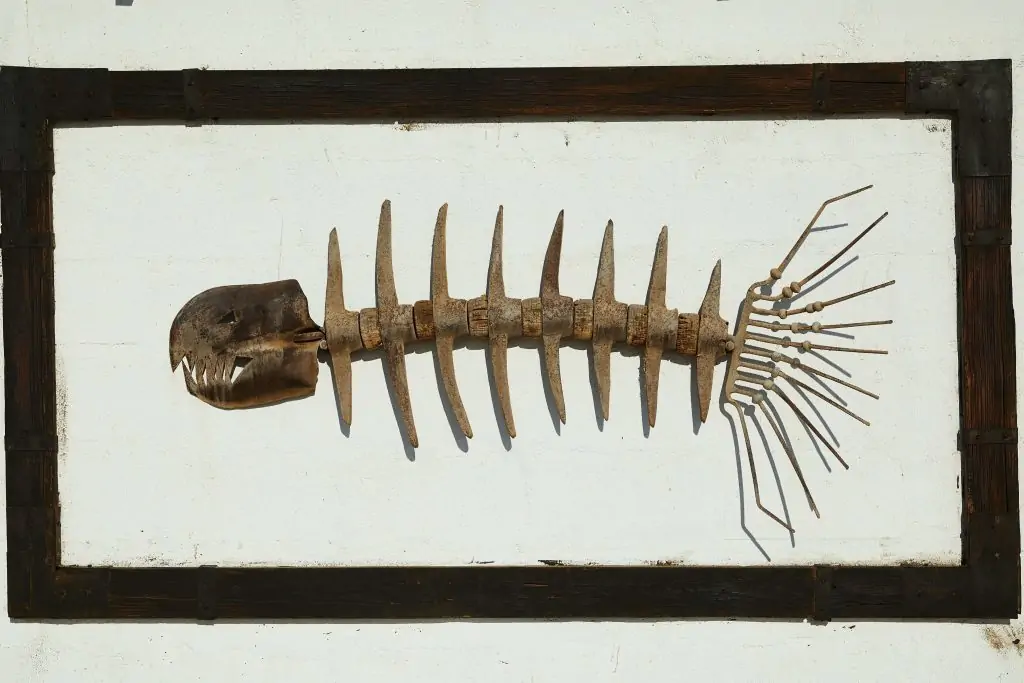
Why Did Humans Invent Fishing?
Fishing, an ancient practice from the earliest days of humanity, has played a major role in our survival and progress as a species. But what led humans to invent fishing in the first place? The answer to this intriguing question lies in our instinctual drive for survival and our unyielding curiosity to explore and adapt.
The Invention of Fishing
In the distant past, long before the advent of agriculture and settled societies, early humans wandered the land, relying on hunting and gathering for their sustenance. As they ventured close to water bodies, they noticed an abundance of life in the form of fish. This discovery was a turning point in human history.
Early humans devised ways to catch these aquatic creatures using simple tools like sharpened sticks or rudimentary nets. Their primary motivation was to secure a steady food supply. Fishing became a means of acquiring a consistent source of protein, which was essential for the survival and growth of their communities.

The Fishing History describes- The Role of Fishing in Human Evolution.
Fishing played a crucial role in shaping human evolution in several ways. First and foremost, it provided a dependable food source that reduced the uncertainty of finding sustenance on land. This stability allowed early human settlements to flourish, paving the way for developing more complex societies.
Furthermore, fishing allowed humans to diversify their diets, incorporating a variety of nutrients from different fish species. This dietary expansion likely contributed to the growth of our brains and played a significant role in the evolution of human intelligence.
The History of Fishing Tells- The Fishing Techniques
Over time, our ancestors honed their fishing techniques, passing down their knowledge from generation to generation. They observed fish behaviour, learned about different fishing seasons, and experimented with various methods to improve their catch. These cumulative efforts led to the developing of sophisticated fishing practices that have evolved into what we know today.
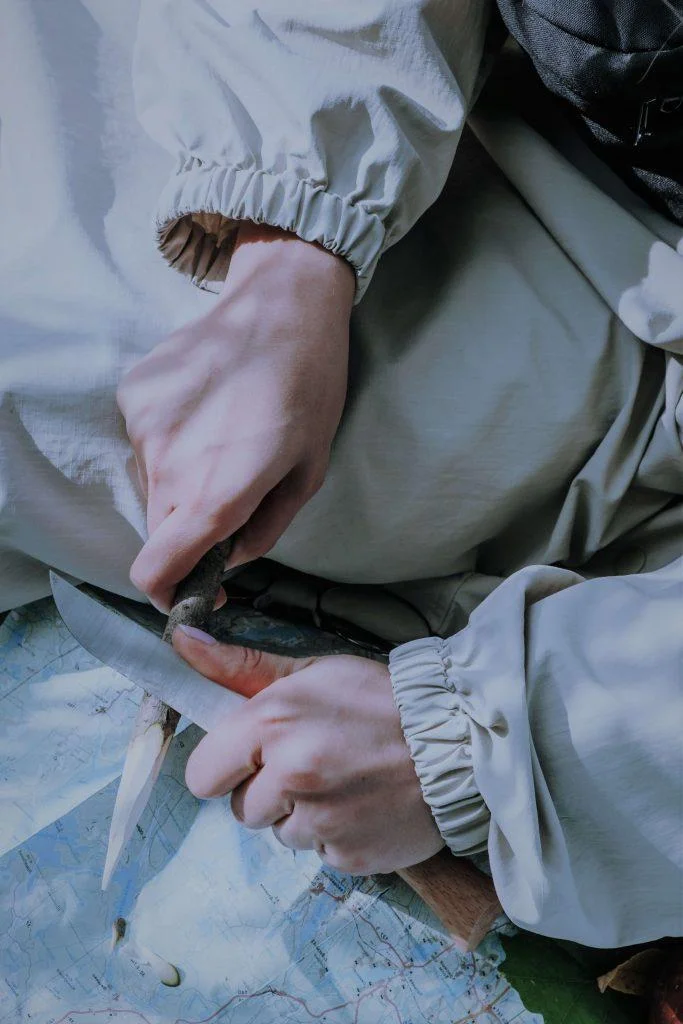
Fishing as a Cultural Heritage
Beyond the practical aspects, fishing became deeply intertwined with human culture and identity. It became a means of storytelling, with fishing tales passed down through oral traditions, preserving the wisdom of the past. Artistic depictions of fishing scenes adorned ancient cave walls, highlighting their significance in early human societies.
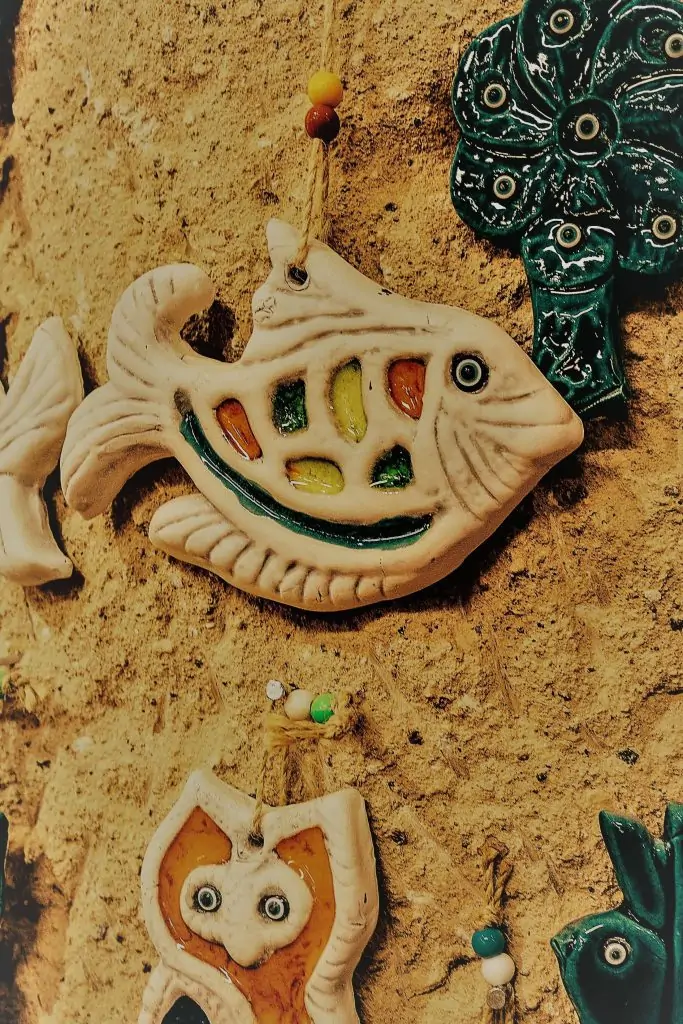
Fishing and Environmental Impact
While fishing was vital in human history, it also impacted the environment. As human populations grew and fishing intensified, some fish populations faced depletion due to overfishing. This has led to a greater understanding of the importance of sustainable fishing practices to preserve aquatic ecosystems and ensure fish populations thrive for future generations.
The Symbolic Significance of Fishing
Beyond its practical implications, fishing has also become symbolic in various cultures. It represents patience, perseverance, and a connection to nature. Many societies have incorporated fishing traditions into their rituals and celebrations, reinforcing the deep-rooted cultural significance of this ancient practice.
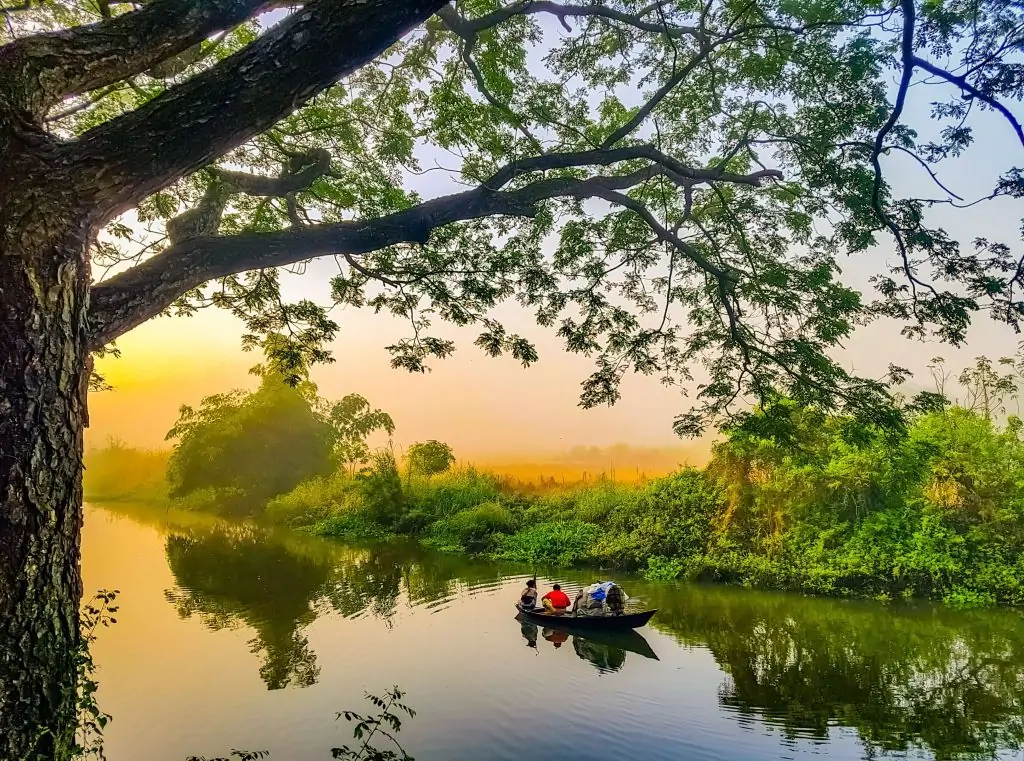
The Oldest Fishing Nation
As we explore the fishing history, we return to Mesopotamia, a fertile land between the Tigris and Euphrates rivers. Fishing began here more than 12,000 years ago, during the Mesolithic era. Mesopotamian civilizations recognized the bountiful treasures of their waterways and developed early fishing methods to capture fish for sustenance and trade. The Mesopotamians were fishing pioneers, laying the foundation for a tradition that would spread its influence across the globe.
Ancient Fishing Techniques
The chronicles of fishing history recount a symphony of ingenious fishing techniques that have weathered the test of time. Among the oldest methods are:
Hand Fishing
The most primitive method involved wading into the water and capturing fish with bare hands—a testament to human adaptability and resourcefulness.
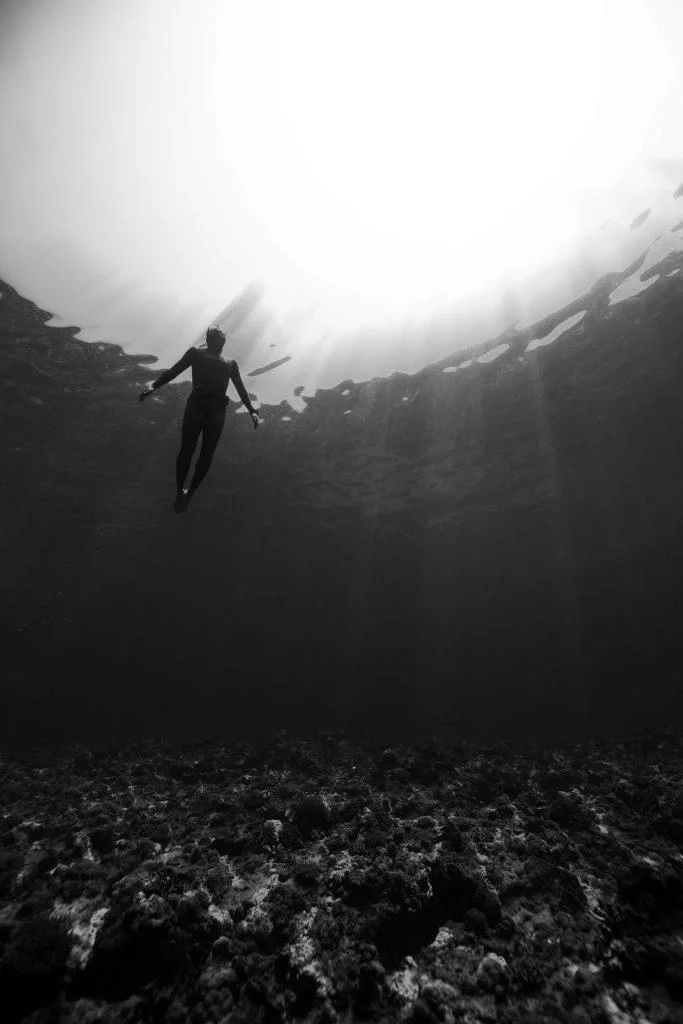
Fish Traps and Weirs
Early civilizations crafted traps and weirs from woven materials and stones, directing fish into confined areas for easy catch.
Hooks and Lines
Crafting fishing hooks from bone or wood and employing plant-fiber lines marked the dawn of more sophisticated fishing endeavors.
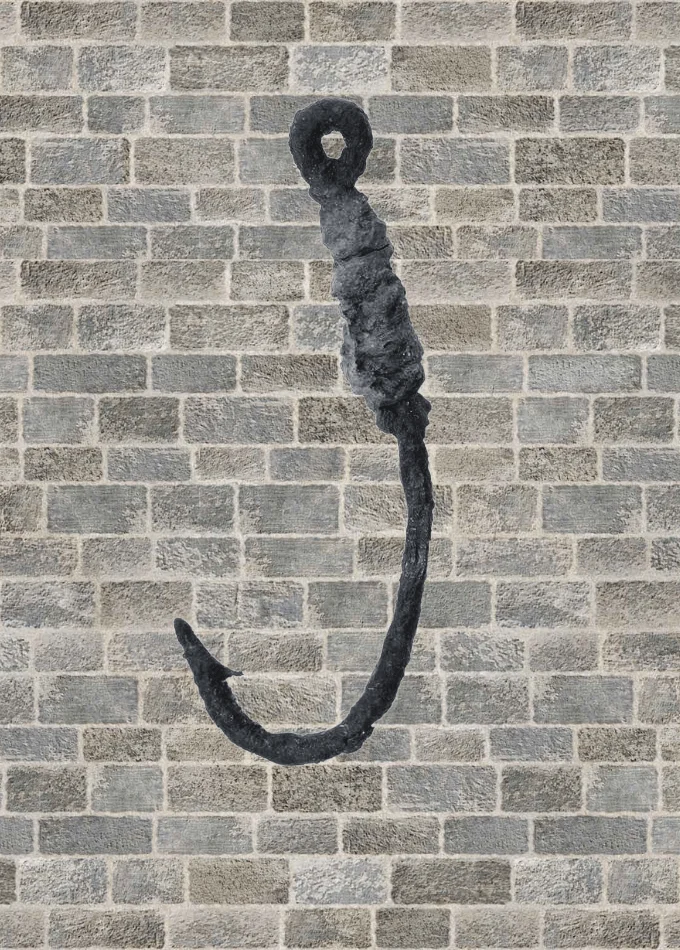
Nets and Seines
The evolution of fishing saw the advent of nets and seines, enabling larger catches and paving the way for thriving fishing communities.

The History of Fishing and Modern Relevance
While history often rests in the archives, fishing history remains a vibrant beacon guiding modern fishing practices. The lessons of sustainability, balance, and reverence for marine ecosystems resonate through time.
So, understanding the past helps us build a sustainable future for fishing, where responsible practices, technological innovations, and cultural heritage converge.
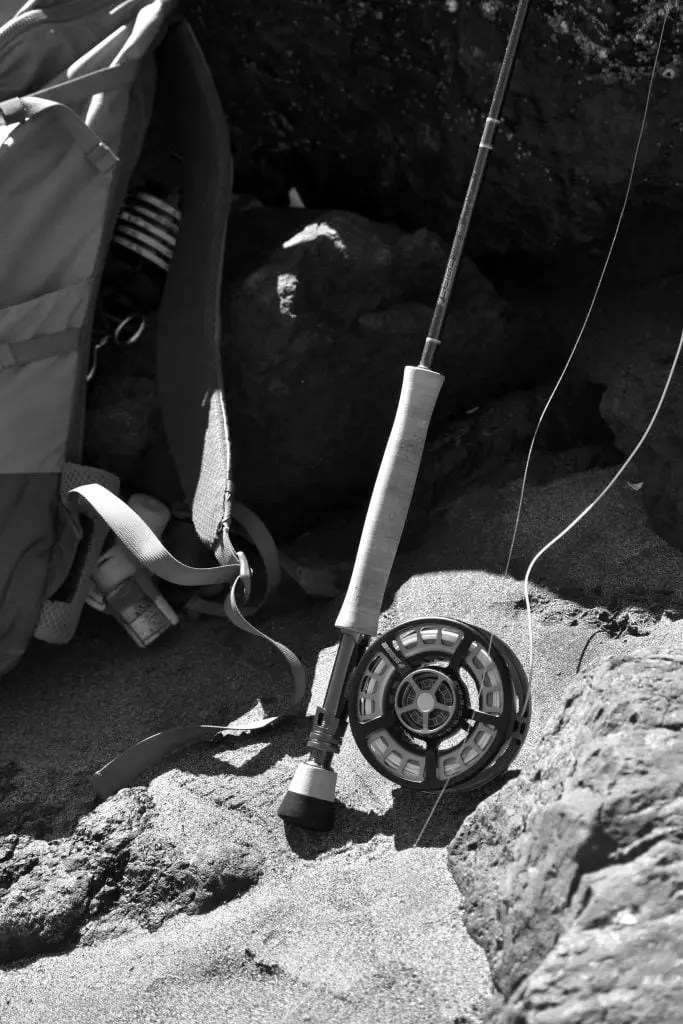
Conclusion
The invention of fishing by humanity can be traced back to our instinctual drive for survival and the need to secure a reliable food source. Through time, fishing evolved from a simple means of sustenance to a beloved recreational activity millions worldwide enjoy.
Whether for survival or sport, fishing remains an enduring part of our human experience, connecting us to our ancient roots and the timeless allure of nature’s bounty.
FAQs
Q. When did fishing begin in human history?
A. Fishing has been practiced since ancient times, dating back over 12,000 years, during the Mesolithic era.
Q. Which civilization has the oldest fishing history?
A. Mesopotamia, located between the Tigris and Euphrates rivers, is recognized as one of the earliest fishing civilizations.
Q. How did early humans catch fish without modern equipment?
A. Early humans used primitive tools like sharpened sticks, bone hooks, and handcrafted nets to catch fish from rivers, lakes, and oceans.
Q. What role did fishing play in ancient cultures?
A. Fishing was essential for the survival and growth of ancient civilizations, providing a reliable food source and contributing to trade and economy.
Q. How did fishing methods evolve?
A. Fishing techniques advanced significantly over the centuries, with innovations like fish traps, hooks, nets, and fishing reels developed in different cultures.
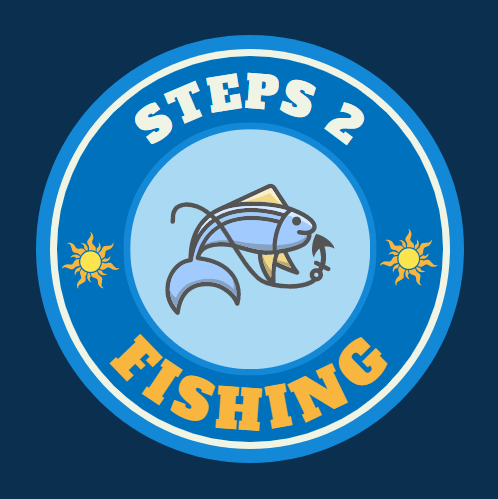

Leave a Reply